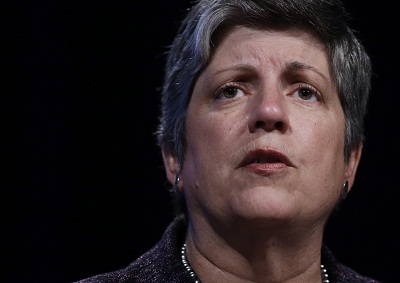U.S. rule to help thousands of Illinois immigrants
By Chip Mitchell

U.S. rule to help thousands of Illinois immigrants
By Chip Mitchell
A rule that Homeland Security Secretary Janet Napolitano announced Wednesday helps those who can show that separation from an immediate relative who is a U.S. citizen would create “extreme hardship.” Starting March 4, the immigrants can apply for a U.S. visa without risking a long wait outside the country.
Since 1996, the federal government generally has required visa applicants to wait 10 years outside the United States if they have spent more than a year in the country without authorization.
President Obama’s administration says it received more than 4,000 public comments about the rule after proposing it last April.
“This final rule facilitates the legal immigration process and reduces the amount of time that U.S. citizens are separated from their immediate relatives who are in the process of obtaining an immigrant visa,” Napolitano said in a statement.
Immigrant advocates applauded the change.
Fred Tsao, policy director of the Illinois Coalition for Immigrant and Refugee Rights, pointed out that the applicants would still need to leave the country to get the visa. “But they could [return] to the United States in a matter of weeks as opposed to years,” said Tsao, who helped gather comments supporting the rule.
Asked whether the rule would amount to a pardon for living in the United States without authorization, Tsao pointed to existing law: “People who are married to — or parents of, or children of — U.S. citizens already qualify for lawful status.”
To qualify under the rule, according to a Department of Homeland Security statement, an applicant must be inadmissible to the United States “only on account of unlawful presence” and must demonstrate that getting stuck outside the country would lead to “extreme hardship to his or her U.S. citizen spouse or parent.”
The Obama administration, without Congress, has recently helped other immigrants who are in the United States illegally. Under a program initiated last year, thousands who were brought to the country as children have received work papers and a deportation reprieve.